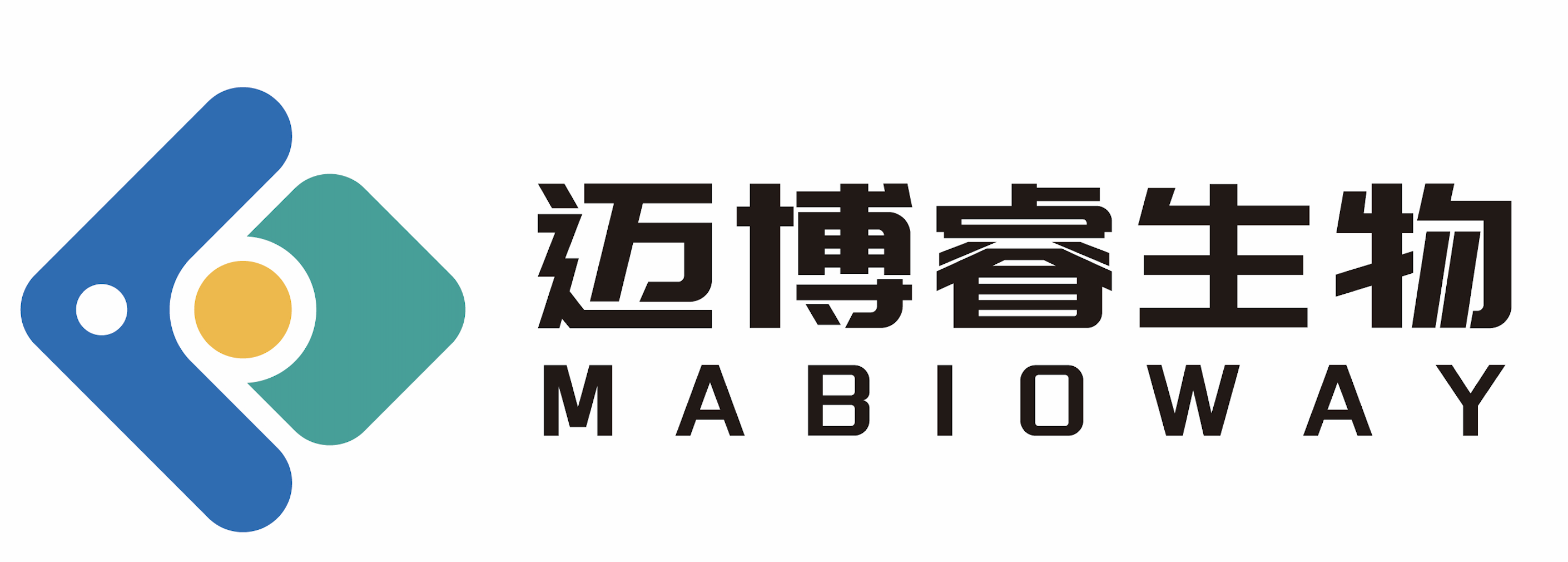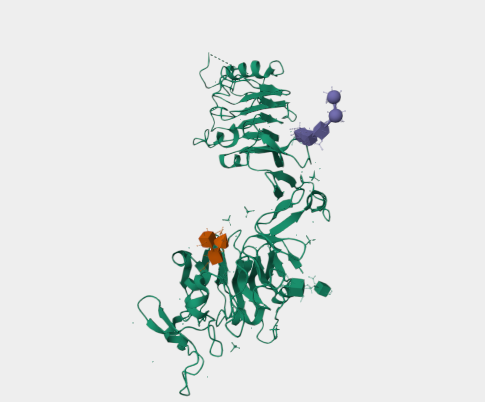Key features and details | |
Cat. No. | MABL-1953 |
Name | Anti-IGF1R mAbs |
Clone No. | AFD- 10H5 |
From | Recombinant Antibody |
Isotype | Engineer antibody |
Application | IP, ELISA, FC |
Species Reactivity | Human, Cynomolgus Monkey |
Basic Information | |
Specificity | This antibody binds the extracellular domain of the human and cynomolgus monkey insulin-like growth factor and effective blocks ligand (IGF-I and IGF-II)-receptor (IGF-IR) interaction. This antibody does not bind mouse or rodent IGF-1R. |
Alternative Name | CD221; IGF1 receptor; Insulin-like growth factor 1 receptor; type I IGF receptor; Insulin-like growth factor I receptor; IGF-I receptor |
UniProt | P08069 |
Immunogen | The original antibody was generated from BALB/c mice hyperimmunized with human IGF-IR extracellular domain (amino acids 1-902) in Ribi adjuvant. Later on the humanized version was created by grafting the hypervariable regions onto human framework regions. |
Application Notes | The orginal humanized IgG1 version of this antibody binds human IGF-1R with an affinity of 1.1 nM in an ELISA. The binding specificity was also comfirmed using fluorescence activated cell sorting of IGF-IR-expressing MCF7 cells. This antibody was also used for the immunoprecipitaion of MCF7 cells. The original antibody inhibits IGF-IR-mediated signaling by blocking IGF-I and IGF-II binding and by inducing cell surface receptor downregulation via internalization and degradation, with the extracellular and intracellular domains of IGF-IR being differentially affected by the proteasomal and lysosomal inhibitors. In vitro, h10H5 exhibits antiproliferative effects on cancer cell lines. In vivo, h10H5 shows single-agent antitumor efficacy in human SK-N-AS neuroblastoma and SW527 breast cancer xenograft models and even greater efficacy in combination with the chemotherapeutic agent docetaxel or an anti–vascular endothelial growth factor antibody (PMID:18790743). |
Antibody First Published | Shang et al. Antixenograft tumor activity of a humanized anti-insulin-like growth factor-I receptor monoclonal antibody is associated with decreased AKT activation and glucose uptake. Mol Cancer Ther. 2008 Sep;7(9):2599-608.PMID:18790743 |
Note on publication | Describes the generation, in vitro and in vivo characterization of this antibody. |
COA Information (For reference only, actual COA shall prevail) | |
Size | 100 μg Purified antibody. |
Concentration | 1 mg/ml. |
Purification | Protein A affinity purified |
Buffer | PBS with 0.02% Proclin 300. |
Concentration | 1 mg/ml. |
Storage Recommendation | Store at 4⁰C for up to 3 months. For longer storage, aliquot and store at - 20⁰C. |



